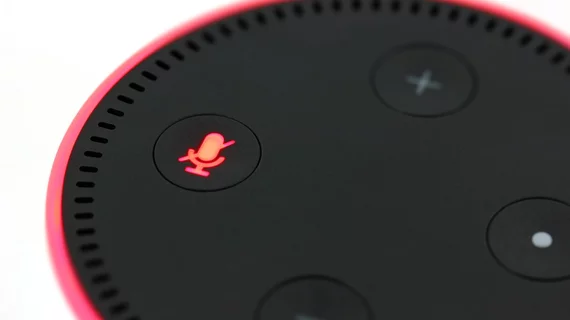Sides drawn as Alexa begins dispensing NHS health information
The UK’s National Health Service announced Wednesday that it’s partnering with Amazon on AI. The plan is to offer NHS-approved health advice to every Brit who speaks a health-related query into an Alexa-enabled device.
Critics were quick to pounce, voicing concerns over privacy from some AI experts and data ethicists.
Their arguments were met by pushback from other well-informed opinion holders.
BBC News has posted a summary roundup of the arguments.
“Who has access to the data?” a physician tweeted. “Where is the data stored? Will the data be used for marketing? Will the data be sold? What happens if a serious diagnosis is possible from the patient’s query?”
Taking the other side, a journalist called the “fuss” over the partnership “ridiculous."
“It’s just a Google search you talk to, and at least people will get NHS [information].”
In any case, as the BBC notes, it’s no secret that Amazon has been seeking inroads into healthcare markets. Is its new partnership with the NHS of a piece with those goals?
Click here to read the Beeb’s coverage of the debate, which includes links to several related news items, and here for broadcast coverage from Sky News.

